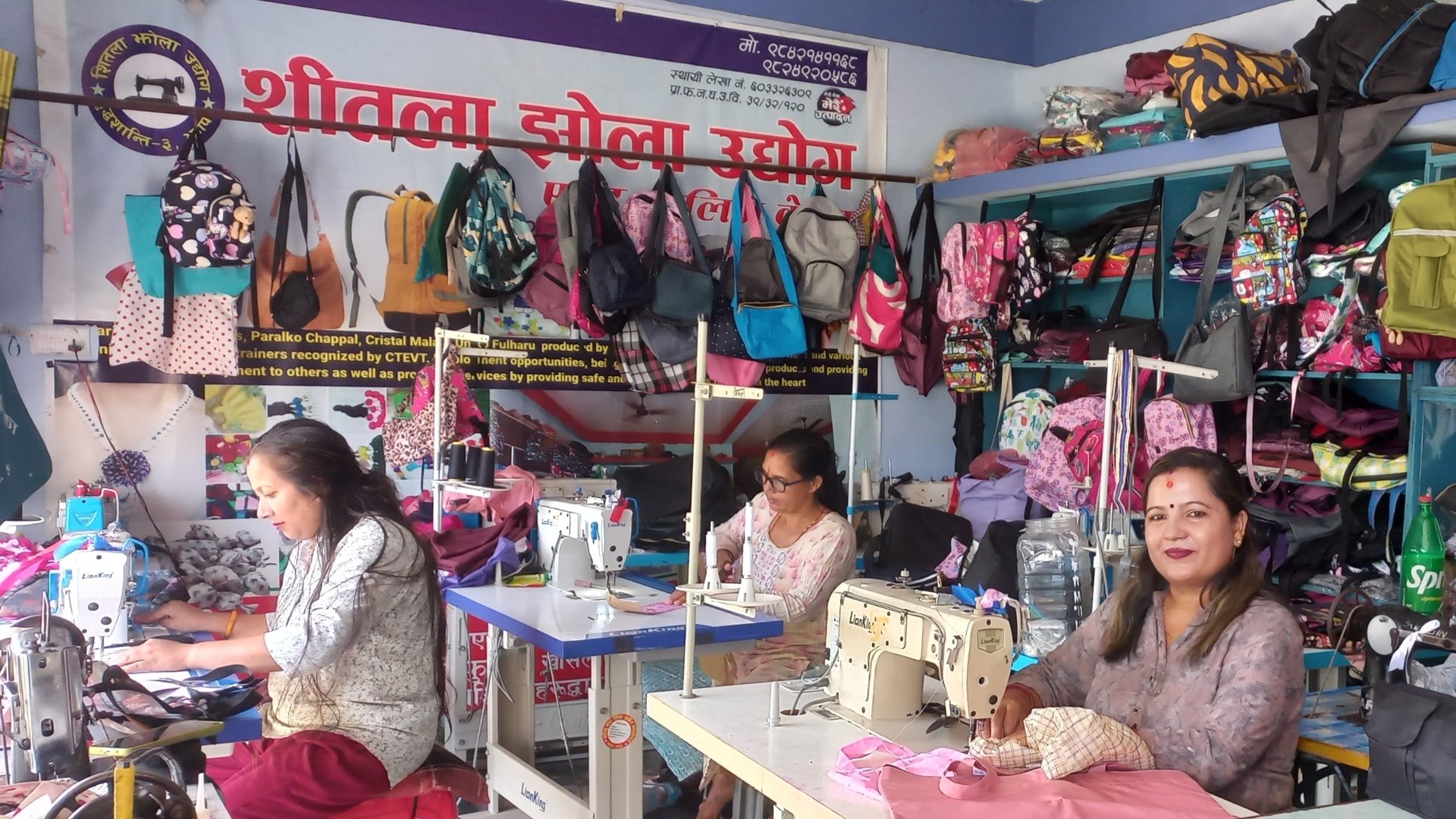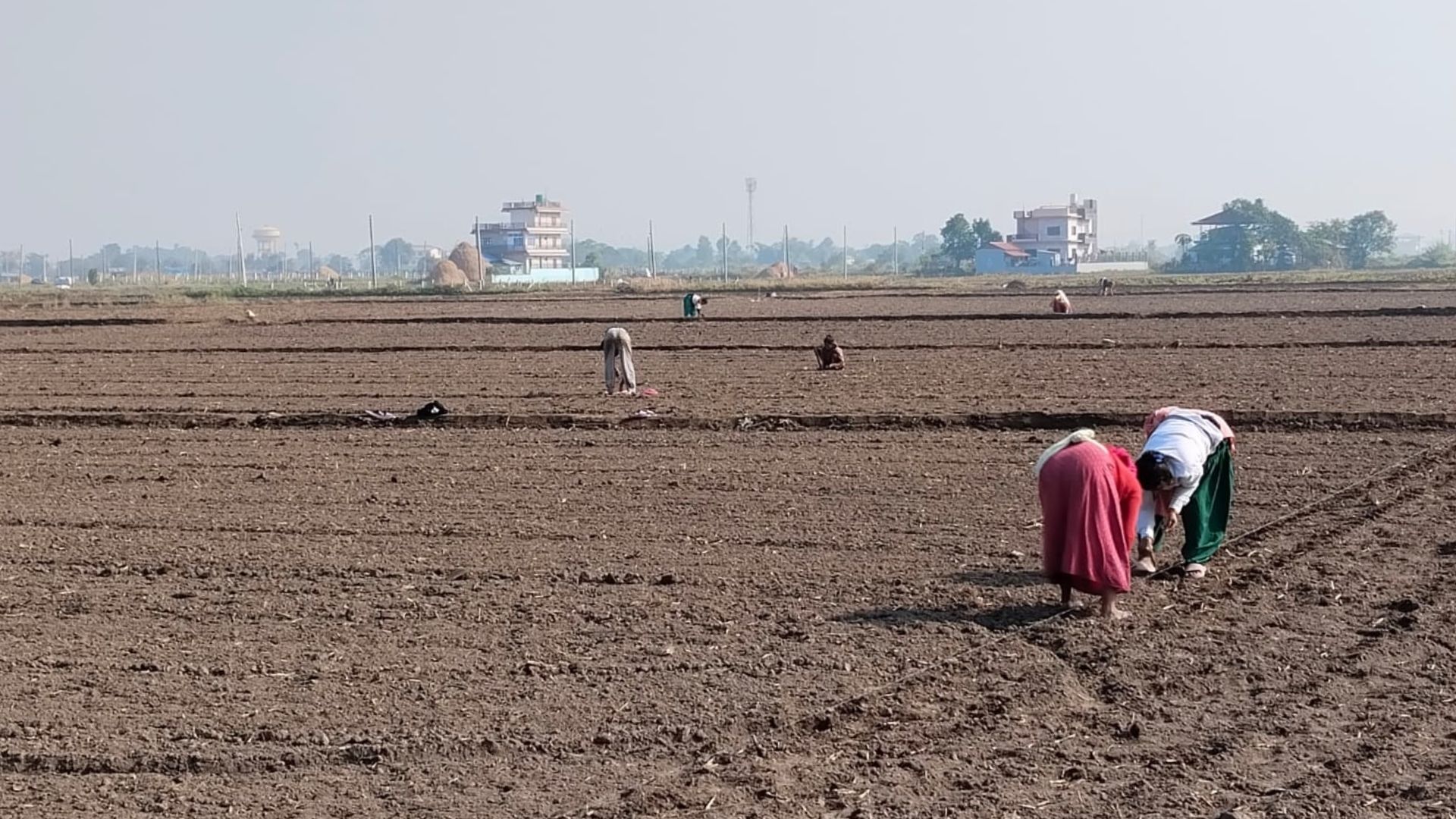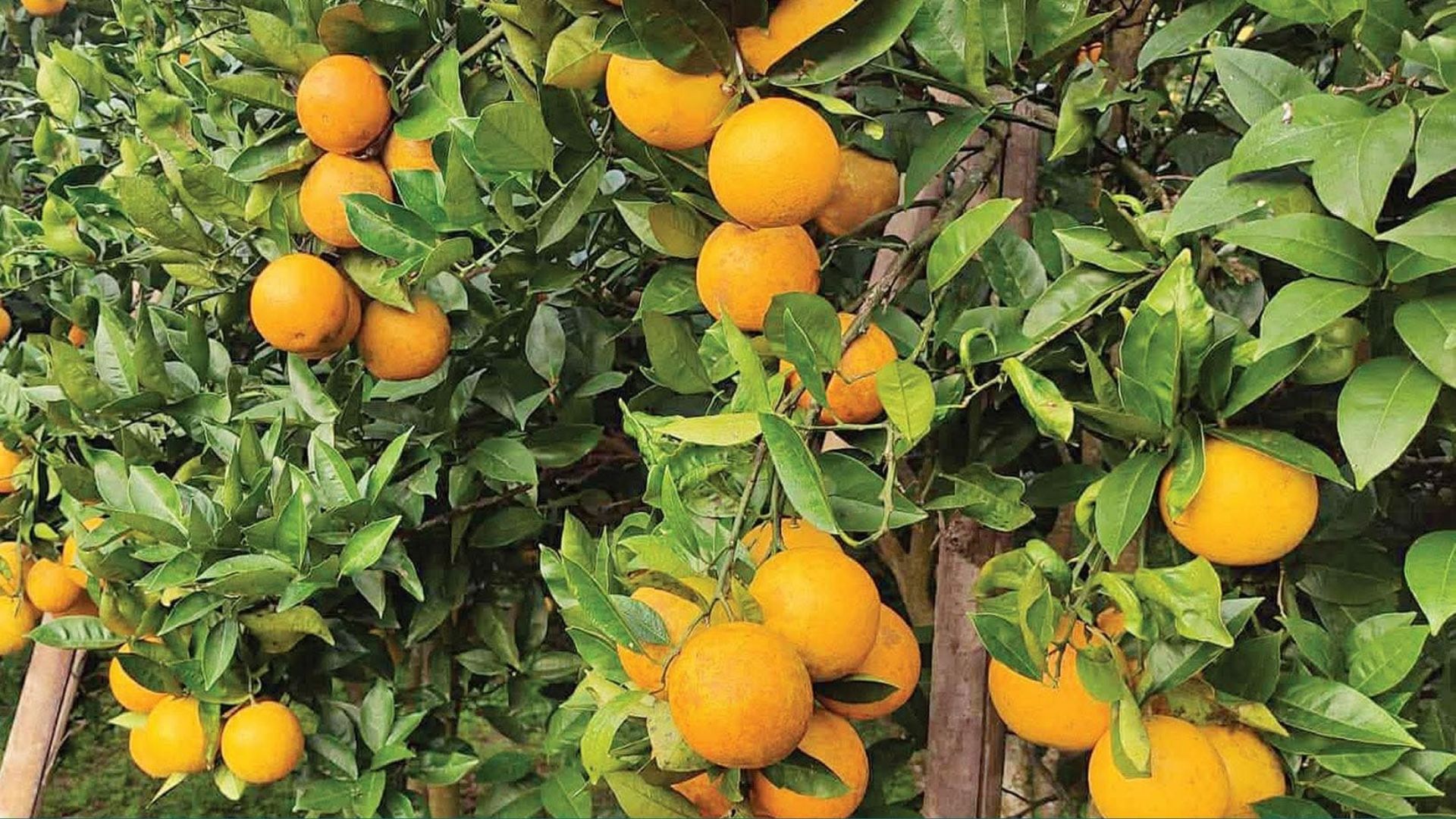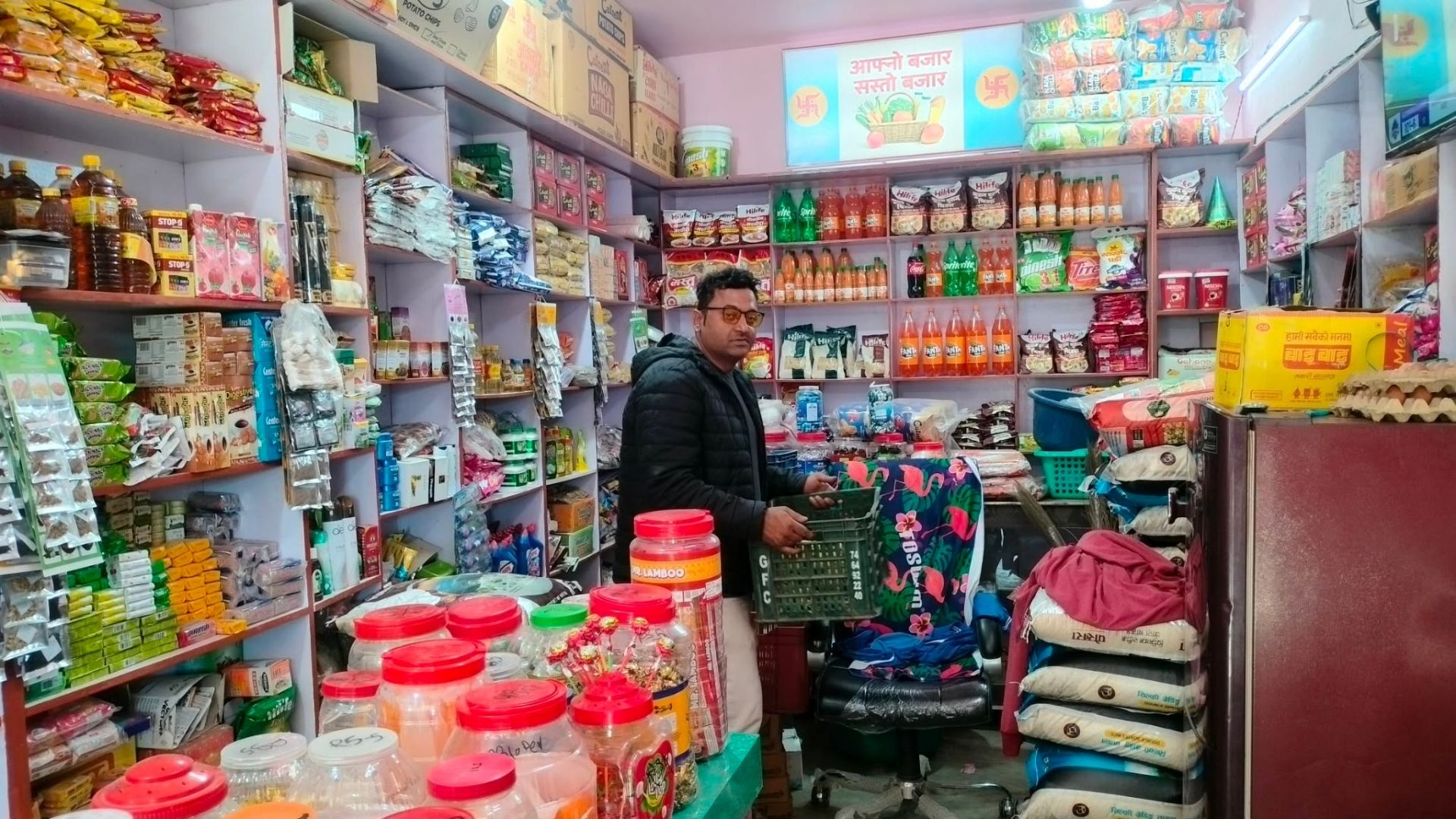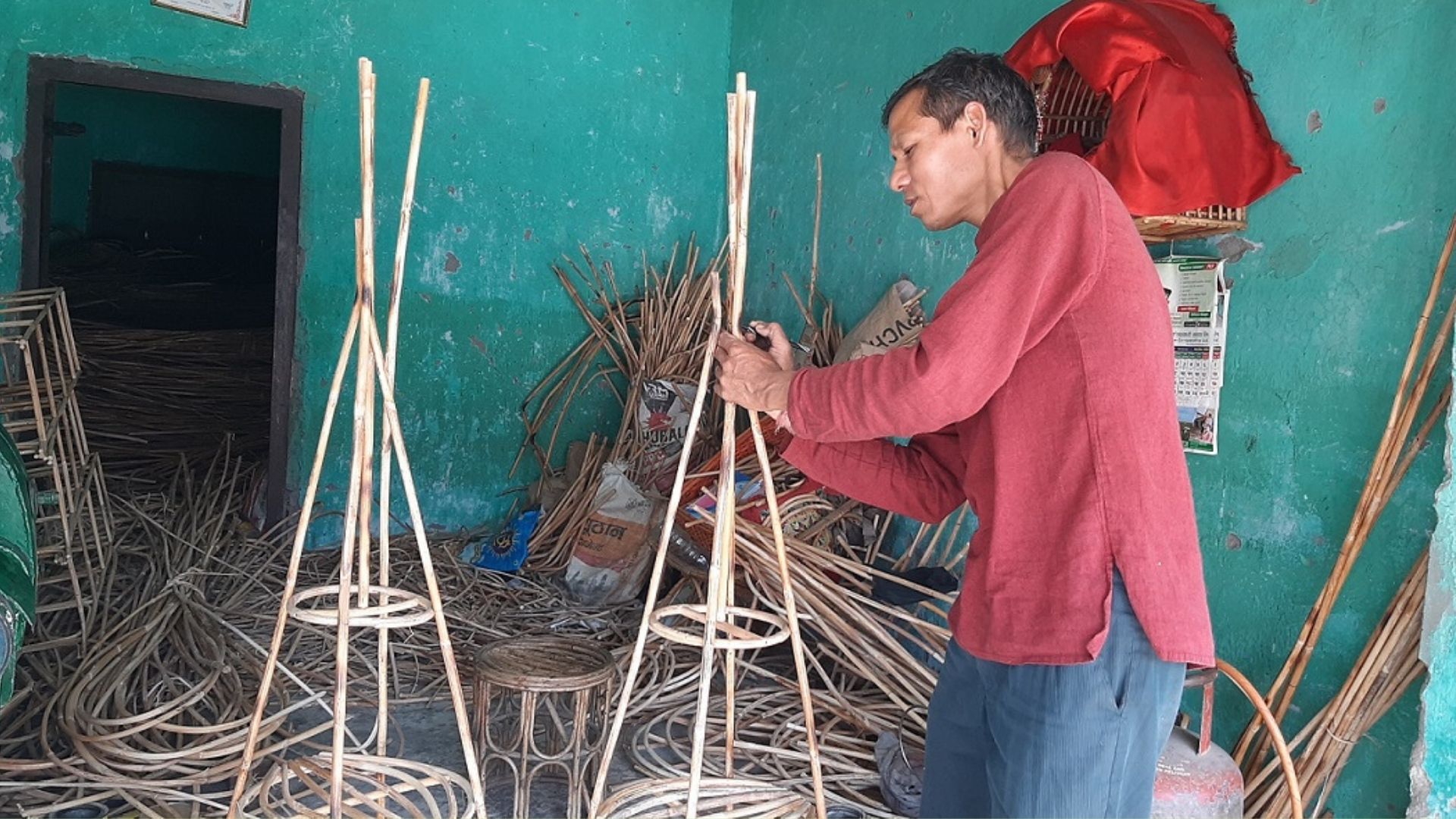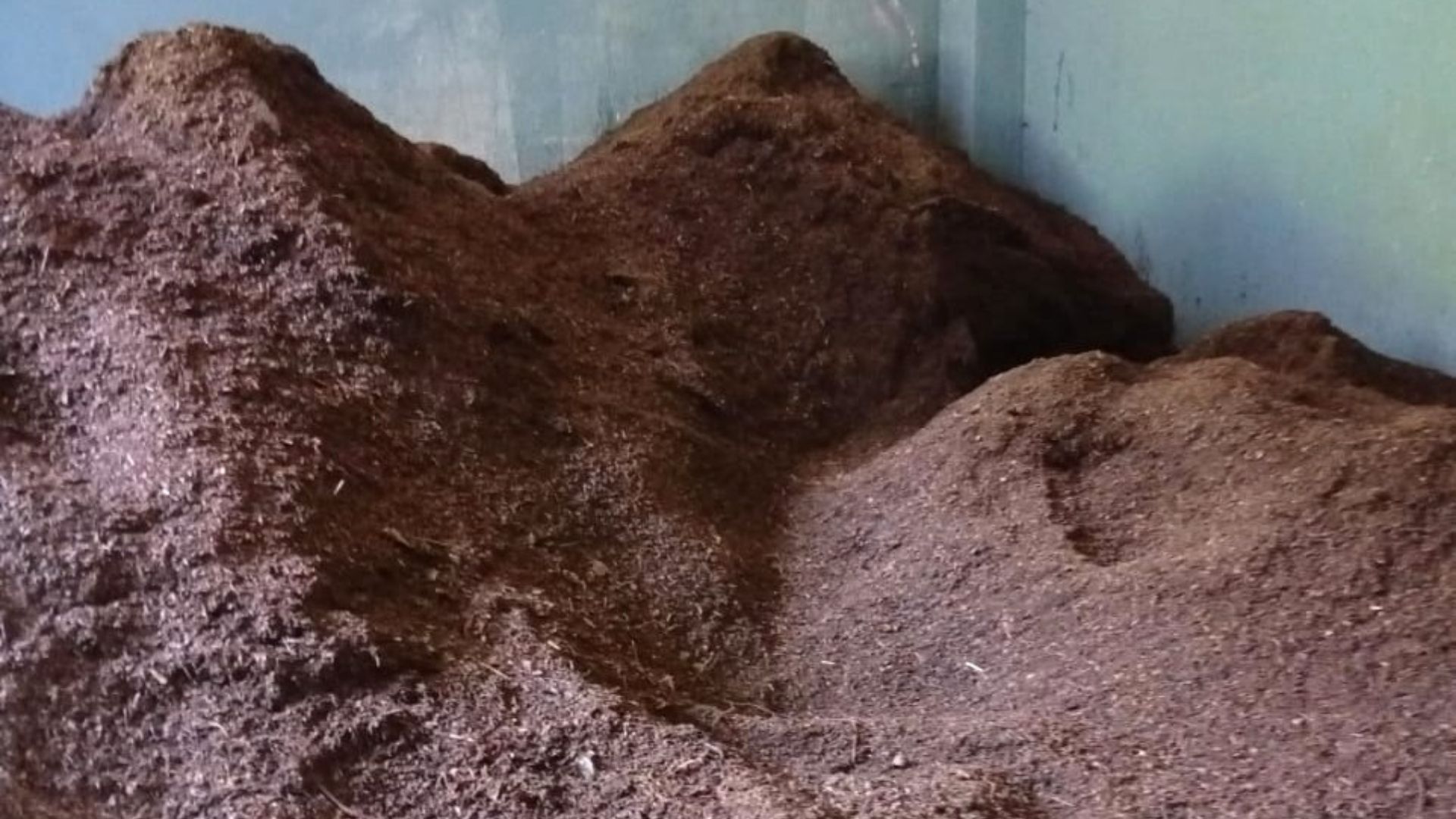Upon reaching Pragati Tole in Buddhashanti Rural Municipality–3, one encounters a story of struggle and success embodied in a single woman. With a humble demeanor and a face radiating confidence, she stands at the heart of a small yet vibrant workshop run from the ground floor of her home. Piles of fabric, colorful threads, scissors, and the constant hum of sewing machines bring life to the industry. This is the Sheetala Bag Industry—a name now recognized not only in Buddhashanti but across various districts of Koshi Province.
At the helm of this enterprise is Taradevi Adhikari. More than just a homemaker, she is an entrepreneur who has leveraged skill and perseverance to become self-reliant—and to guide other women on the same path. Around 12 years ago, Taradevi participated in a tailoring training program facilitated by the Cottage and Small Industries Office. Without her own sewing machine at the time, she rented one and began sewing clothes.
One day, out of curiosity, she used leftover fabric scraps to make three simple tote bags and displayed them in her shop. They sold immediately. For the next week, she continued making three to four bags a day, and they kept selling out. This unexpected demand inspired her to pursue bag-making as a business.
In 2019 (2076 BS), Taradevi officially launched her own bag-making enterprise using locally available raw materials like Dhaka and Allo (nettle fiber). Today, the industry produces bags in various sizes, styles, and designs, ranging in price from Rs. 50 to Rs. 3,500. From affordable options to high-quality designer bags, her products cater to a wide range of customers. She sources raw materials from Kathmandu and Siliguri, India.
Currently, the industry provides regular employment to 18 women, with an additional 15 women working part-time. These part-time workers contribute a few hours daily after completing their household chores. Depending on their skill level, they earn between Rs. 20,000 and Rs. 30,000 per month. Taradevi proudly shares that these women not only support their households but also feel empowered and financially independent through their labor.
The reach of Sheetala Bag Industry now extends well beyond Jhapa district. The demand for its products has spread to many hilly districts in Koshi Province and even as far as Kanchanpur in Sudurpashchim Province. Just last July (Asar), Bheemdatt Municipality ordered 110 bags for distribution to municipal members, which Taradevi delivered within four days. Interestingly, she notes that her bag business experienced increased demand during the nationwide lockdowns caused by COVID-19.
Additionally, Buddhashanti Rural Municipality has distributed bags from her industry to students in community schools. Her bags also reach Sankhuwasabha’s Khandbari, as well as Ilam, Panchthar, Taplejung, Bhojpur, and other districts. Beyond production, Taradevi is actively involved in training women in bag-making. She offers skill-development workshops when requested by local governments or community organizations. Many women who received her training have gone on to start small-scale bag-making businesses of their own.
“Training gives women skills, skills build self-confidence, and confidence leads to employment and income,” says Taradevi. Within just a few years of starting her bag production, she was able to purchase land and construct a three-story house in Pragati Tole, Buddhashanti–3, using the profits from her business. The industry currently operates from the ground floor of that very building. After expenses, she earns an annual profit of around Rs. 1.5 million.
Taradevi has also embraced modern tools and technology to promote her products. Through social media platforms like Facebook and TikTok, as well as local fairs and markets, she continues to expand her customer base. The Sheetala Bag Industry is not just a business venture—it is a pillar of empowerment, helping women become self-reliant and economically active. Many of the women working there now support their families and pay for their children’s education and healthcare with the income they earn.
“My greatest satisfaction comes from teaching women skills, building their confidence, and showing them a path to income,” Taradevi shares. Her future plans are ambitious: to organize training programs across the country and create more employment opportunities for women. She also aims to invest in advanced technologies and new designs to improve the quality and appeal of her products.
Taradevi’s story is not just one of personal success. It is a powerful testament to how entrepreneurship can be born from struggle, how skills can transform communities, and how women can make meaningful contributions to society. What started in a small village in Jhapa has now become a symbol of women’s self-reliance, dignity of labor, and success. Taradevi’s resilience and dedication have paved a path of inspiration for many others to follow.


